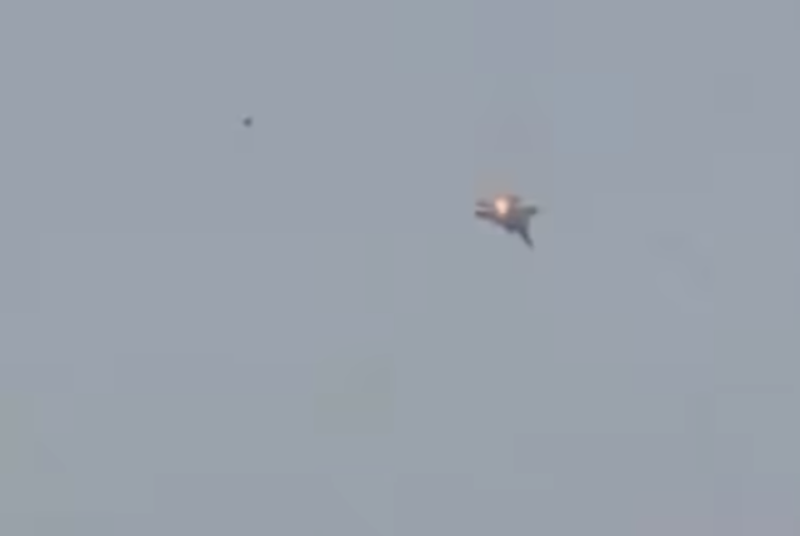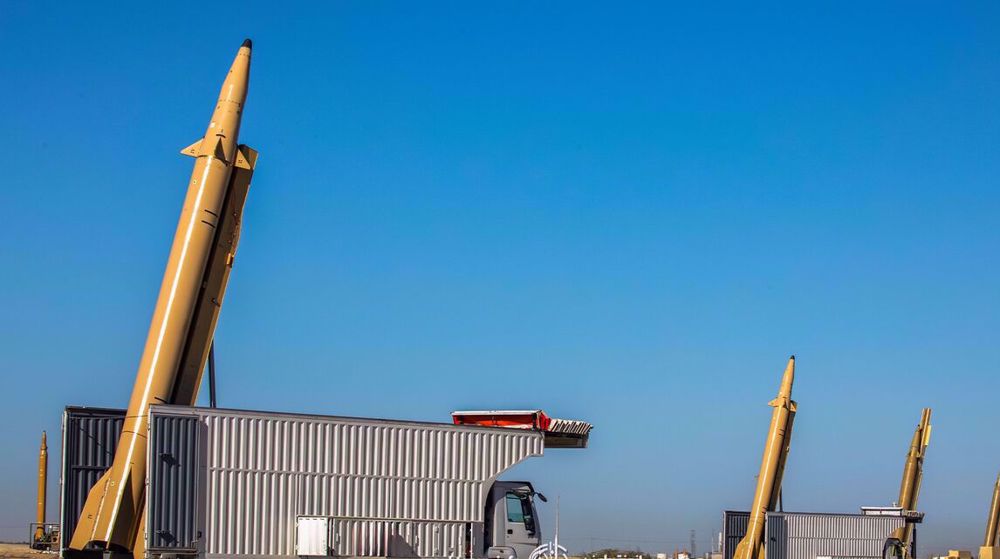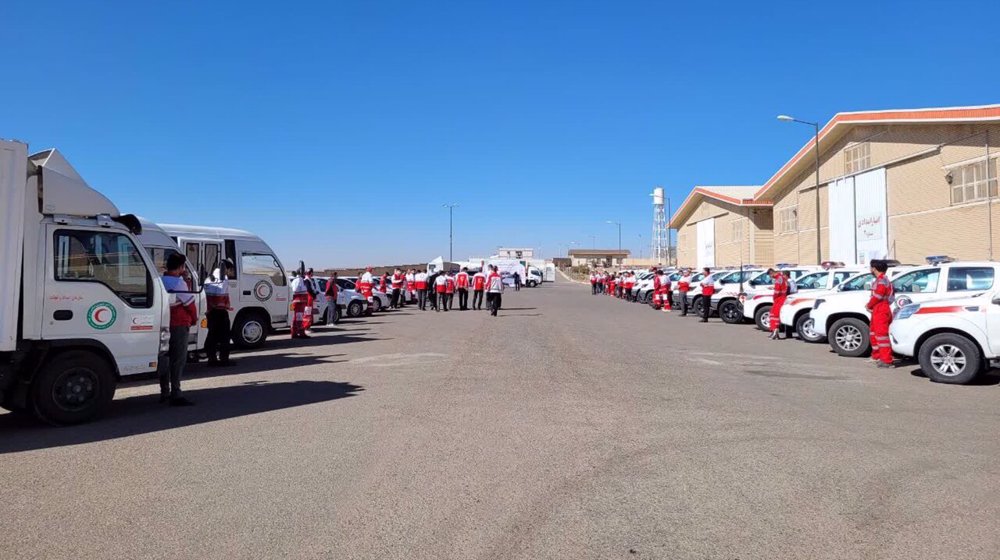Israeli army destroys lifeline tunnel from besieged Gaza Strip
The Israeli military has destroyed a lifeline tunnel from the northern part of the besieged Gaza Strip more than a fortnight after the start of anti-occupation protests along the border between the besieged and impoverished Palestinian coastal sliver and occupied territories.
Israeli military spokesman Jonathan Conricus told journalists on Sunday that the tunnel, which was still under construction, belonged to Hamas resistance movement and infiltrated into the heart of occupied Palestinian territories.
It started in Jabaliya city, located 4 kilometers (2.5 miles) north of Gaza City, and was being dug in the direction of the Nahal Oz community, Conricus added.
“We filled the tunnel with material that renders it useless for a very long period of time,” he added.
"According to our early assessments, this tunnel reaches kilometers, several kilometers, into the Gaza Strip,” Conricus said.
The senior Israeli military official further noted that it was the fifth Gazan tunnel destroyed in recent months.
Israel’s Minister of Military Affairs Avigdor Lieberman said it was the longest and deepest Gazan tunnel discovered by Israeli forces.
The report comes amid protests along the Gaza border since March 30, which have led to clashes with Israeli forces in which at least 34 Palestinians have lost their lives and hundreds of others sustained injuries.

The Palestinian rally, dubbed the "Great March of Return," will last until May 15, which coincides with the 70th anniversary of Nakba Day (Day of Catastrophe) on which Israel was created.
Every year on May 15, Palestinians all over the world hold demonstrations to commemorate Nakba Day, which marks the anniversary of the forcible eviction of hundreds of thousands of Palestinians from their homeland by Israelis in 1948.
More than 760,000 Palestinians - now estimated to number nearly five million with their descendants - were driven out of their homes on May 14, 1948.
Since 1948, the Israeli regime has denied Palestinian refugees the right to return, despite UN resolutions and international law that upholds people’s right to return to their homelands.
This year's Land Day demonstrations appear especially combustible as Palestinian anger is already high over Trump's decision in December 2017 to recognize Jerusalem al-Quds as Israel's "capital."
Israel occupied the West Bank, East Jerusalem al-Quds and parts of Syria’s Golan Heights during the Six-Day War in 1967. It later annexed East Jerusalem al-Quds in a move not recognized by the international community.
Israel is required to withdraw from all the territories seized in the war under UN Security Council Resolution 242, adopted months after the Six-Day War, in November 1967, but the Tel Aviv regime has defied that piece of international law ever since.
Iran Armed Forces shoot down US F-15 fighter jet near Kuwait border
IRGC, Army launch fresh waves of missile strikes against Israeli, US targets
Red Crescent Society: 555 people killed across Iran in US-Israeli onslaughts
Operational concerns delayed US-Israeli aggression against Iran for a week: Report
Iran slams Israeli attacks on Lebanon, warn UNSC’s inaction to embolden regime
Iran says has ‘no choice’ but to fight back, holds no enmity toward American people
Bahraini police assaults crowds mourning loss of Ayatollah Khamenei
Iran posed no imminent threat to US: Pentagon tells Congress


















 This makes it easy to access the Press TV website
This makes it easy to access the Press TV website